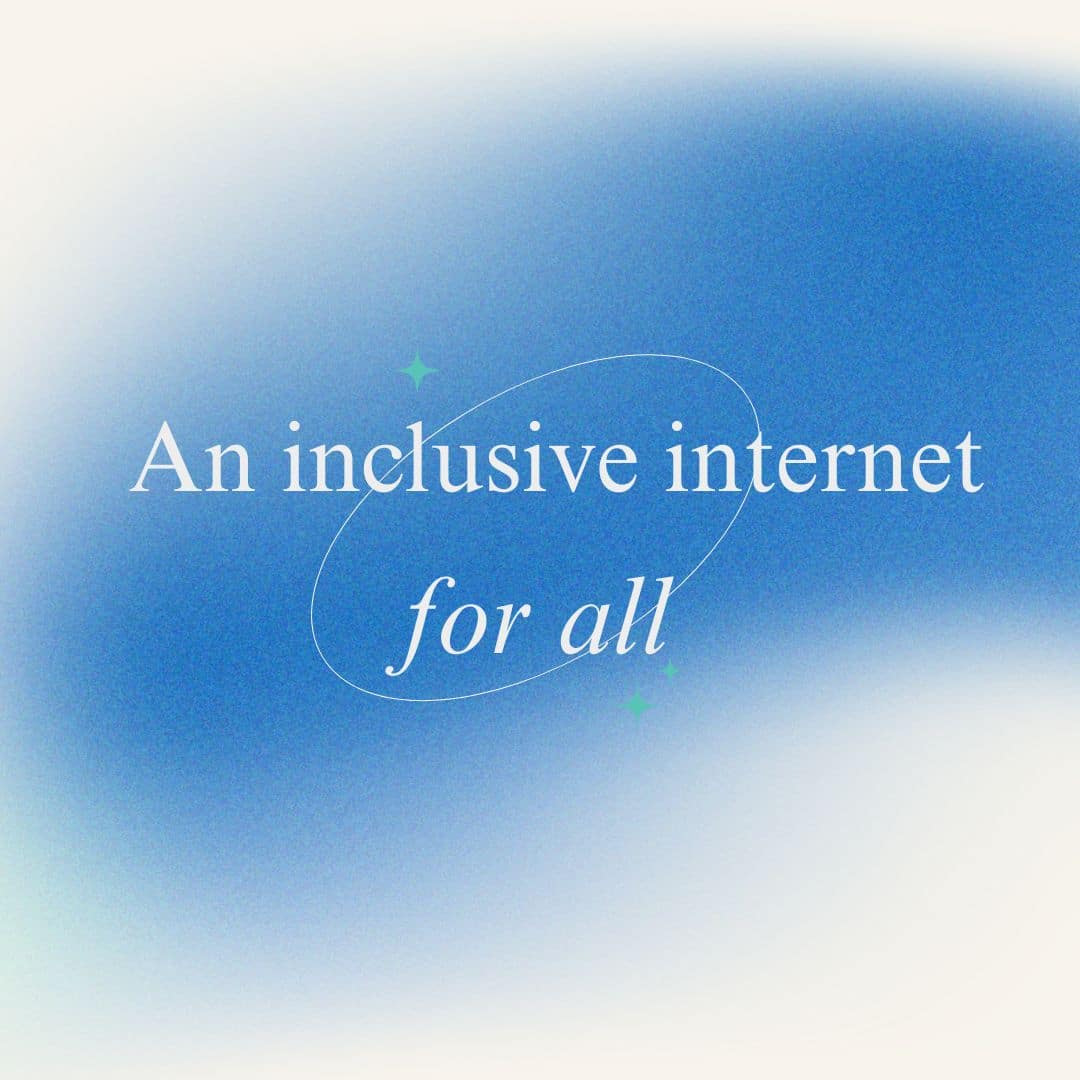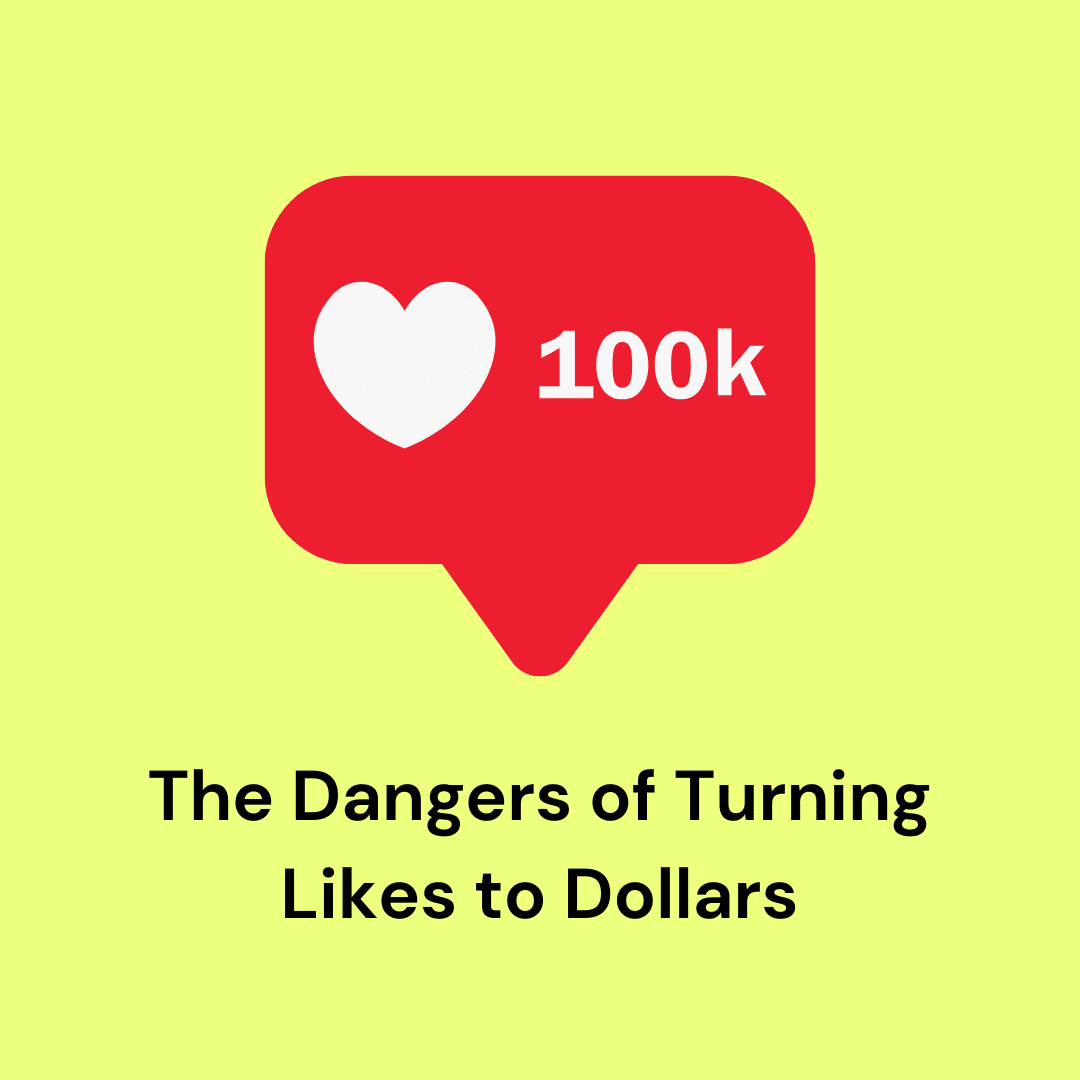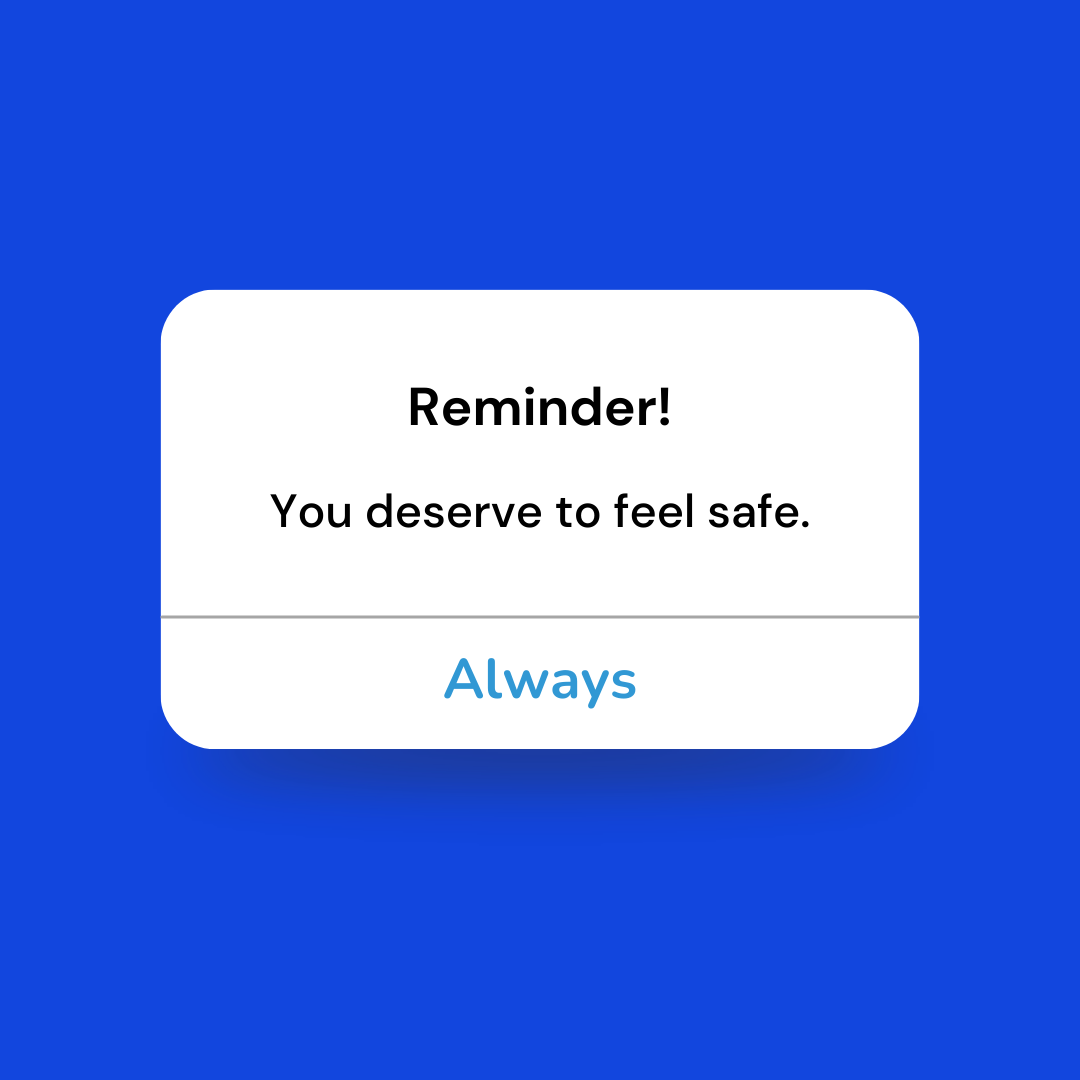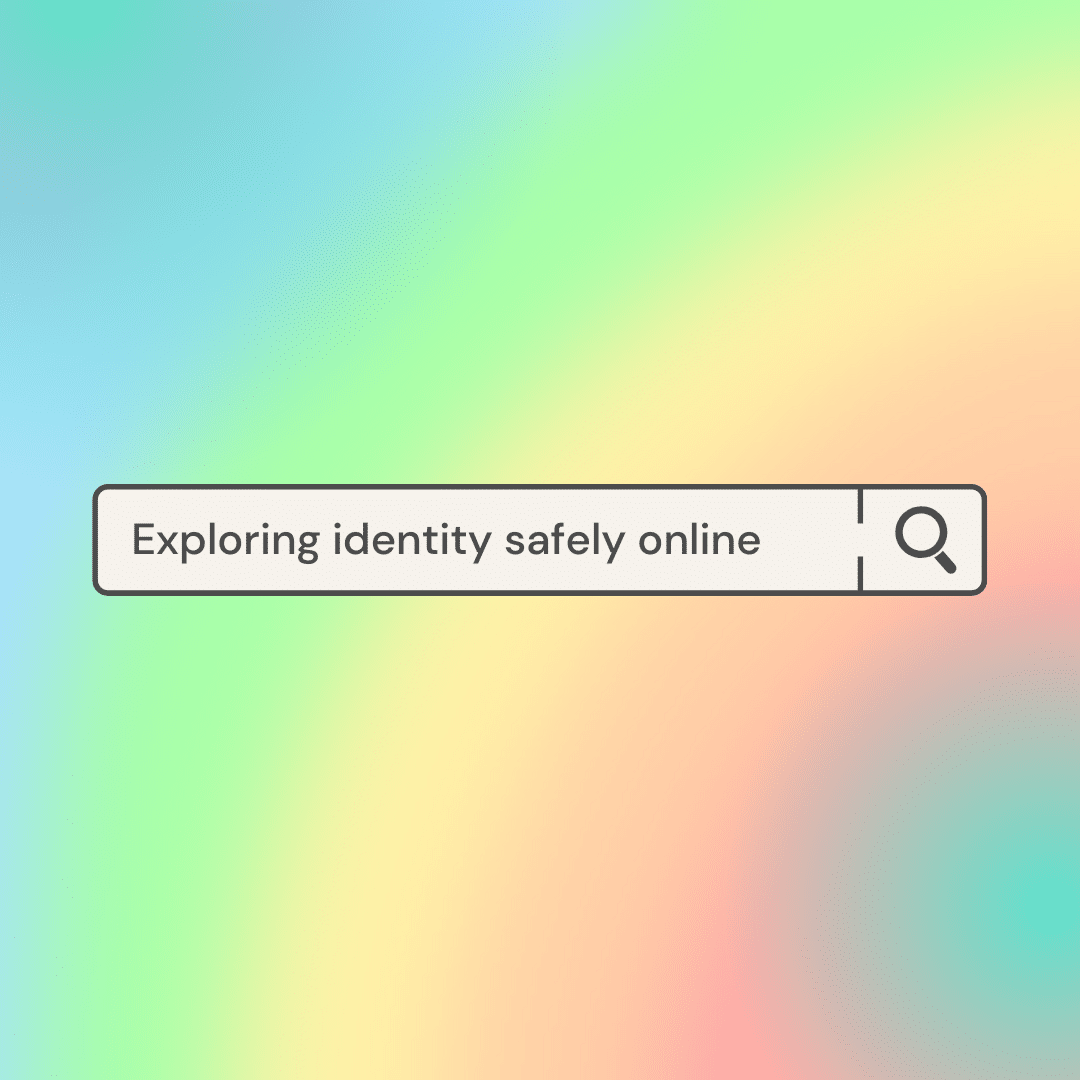Creating a Safe, Inclusive Internet for All
The internet connects us across cultures, but it also fosters discrimination and hate. Despite its potential, many people, especially adolescents of color and online gamers, face racism and bigotry. In this article, I share my experiences and the lessons learned from diverse communities, advocating for a safe, inclusive online space where differences are celebrated and everyone can connect freely.

I’ve gone to Australia, Mexico, Japan, the Philippines, and Ireland. I’ve gone to every continent in the world (excluding Antarctica!) all with the help of the device that I’m writing this article on right now.

The internet has — and will always be — a unique place. Not only can you talk to other people states away, you can interact and meet people from all over the world. As such, the internet is a huge melting pot of cultures, and while you may expect it to be rather tolerant of different identities and cultures, that’s usually not the case.
In 2020, the University of Pittsburgh found that 1 out of every 2 black adolescents experienced racial discrimination online; while the US Government Accountability Office website states that 50% of online gamers have encountered hate speech during their experiences. Whether these statistics come from pure ignorance or hate, it doesn’t matter. As someone who has experienced blatant racism online, it stings me to think about all of the people my age (or younger) who have either experienced the same thing or worse.
What makes us, well us, is our differences. I’m glad to have met someone from Ireland who has taught me about their remaining culture. I was infatuated to learn about how different Australians were from us — but yet so similar at the same time. I loved meeting people who were from Latin America who made me more culturally aware about what was going on in my home country. The neurodivergent friends I’ve met along the way have taught me things I had no clue about, and my LGBTQ+ friends are some of the best I’ve ever had. As a human being, I think it’s our right to protect and ensure that everyone is safe — because if one of us comes down, we will all follow eventually.
The amount of times I’ve encountered bigotry online is absurd. If I had to count the number of times I’ve seen or have had hate speech directed towards me, I would use up all of the notebooks in my household.
It doesn’t have to be this way.
The internet should be a safe space for all. A safe, inclusive online space should never make minorities hide their identities from each other. It should provoke people to explore other cultures that aren’t their own. It should allow people to talk about their experiences with bigotry online without being mocked. A safe, inclusive online space should be the internet as a whole.
The internet should be for you and me.

Nicole, 18
2024-2025 Digital Resource Expert
Need to talk?
Text NOFILTR to 741741 for immediate assistance.



